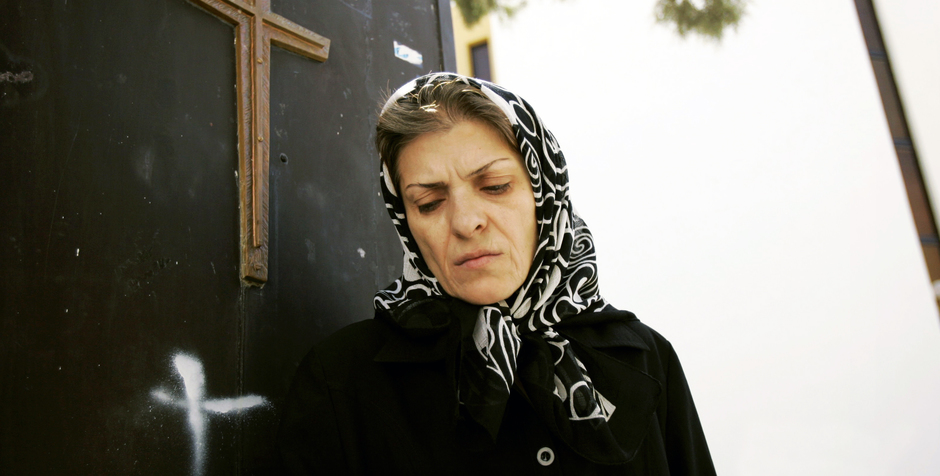Religious Freedom Conditions Have Worsened in Iran Over the Past Year According to USCIRF Report
Since the Islamic Revolution of 1979, religious minorities have faced extreme persecution at the hands of the radical Iranian government. For almost two decades, the U.S. government has designated Iran as a “country of particular concern” because of its treatment of religious minorities, including Christians, Baha’is and Sunni Muslims.
A new report released by the United States Commission on International Religious Freedom (USCIRF) reveals that over the past year that conditions for Christians and other religious minorities have worsened.
Religious freedom conditions continued to deteriorate over the past year, particularly for religious minorities, especially Baha’is, Christian converts, and Sunni Muslims. …
Since President Hassan Rouhani was elected president in 2013, the number of individuals from religious minority communities who are in prison because of their beliefs has increased, despite the government releasing some prisoners during the reporting period, including Iranian-American pastor Saeed Abedini. The government of Iran continues to engage in systematic, ongoing, and egregious violations of religious freedom, including prolonged detention, torture, and executions based primarily or entirely upon the religion of the accused.
Although the constitution of this theocratic republic promises to protect religious minorities, the Iranian government systematically discriminates on the basis of religion.
The USCIRF report details:
…the government of Iran discriminates against its citizens on the basis of religion or belief, as all laws and regulations are based on unique Shi’a Islamic criteria. Since the 1979 revolution, many members of minority religious communities have fled in fear of persecution. Killings, arrests, and physical abuse of detainees have increased in recent years, including for religious minorities and Muslims who dissent or express views perceived as threatening the government’s legitimacy. The government continues to use its religious laws to silence reformers, including human rights defenders and journalists, for exercising their internationally-protected rights to freedom of expression and religion or belief. …
Dissidents and human rights defenders were increasingly subject to abuse and several were sentenced to death and even executed for the capital crime of “enmity against God.”
Specifically regarding persecution of Christians in Iran, the report points out:
Over the past year, there were numerous incidents of Iranian authorities raiding church services, threatening church members, and arresting and imprisoning worshipers and church leaders, particularly Evangelical Christian converts. Since 2010, authorities arbitrarily arrested and detained more than 550 Christians throughout the country. As of February 2016, approximately 90 Christians were either in prison, detained, or awaiting trial because of their religious beliefs and activities.
During the reporting period, human rights groups inside Iran reported a significant increase in the number of physical assaults and beatings of Christians in prison. Some activists believe the assaults, which have been directed against converts who are leaders of underground house churches, are meant to intimidate others who may wish to convert to Christianity. In December 2015, authorities raided a number of private Christmas services and arrested nearly a dozen church members in Tehran. In April 2015, a revolutionary court upheld a one-year prison sentence and two-year travel bans on 13 Christian converts arrested in 2013.
I’ve written before about the persecution and imprisonment of Christians in Iran for their faith. The ACLJ worked for years to ensure the freedom of American Pastor Saeed Abedeni who was imprisoned in Iran for his faith. Despite Iran’s efforts to become a more active member of the international community in the aftermath of the nuclear deal, the facts in the USCIRF report once again corroborate what is all too clear – Iran continues to flout international law by disregarding religious freedom while maintaining its status as the largest state sponsor of terrorism around the world.
Later this fall, ACLJ Chief Counsel Jay Sekulow’s new book – Unholy Alliance – will dive deeper in the 1979 Islamic Revolution in Iran and its effects on spreading radical terrorism around the world. Disturbingly, back in Iran, terror continues to spread among Christians and other religious minorities as they face torture, wrongful imprisonment, and even death.
